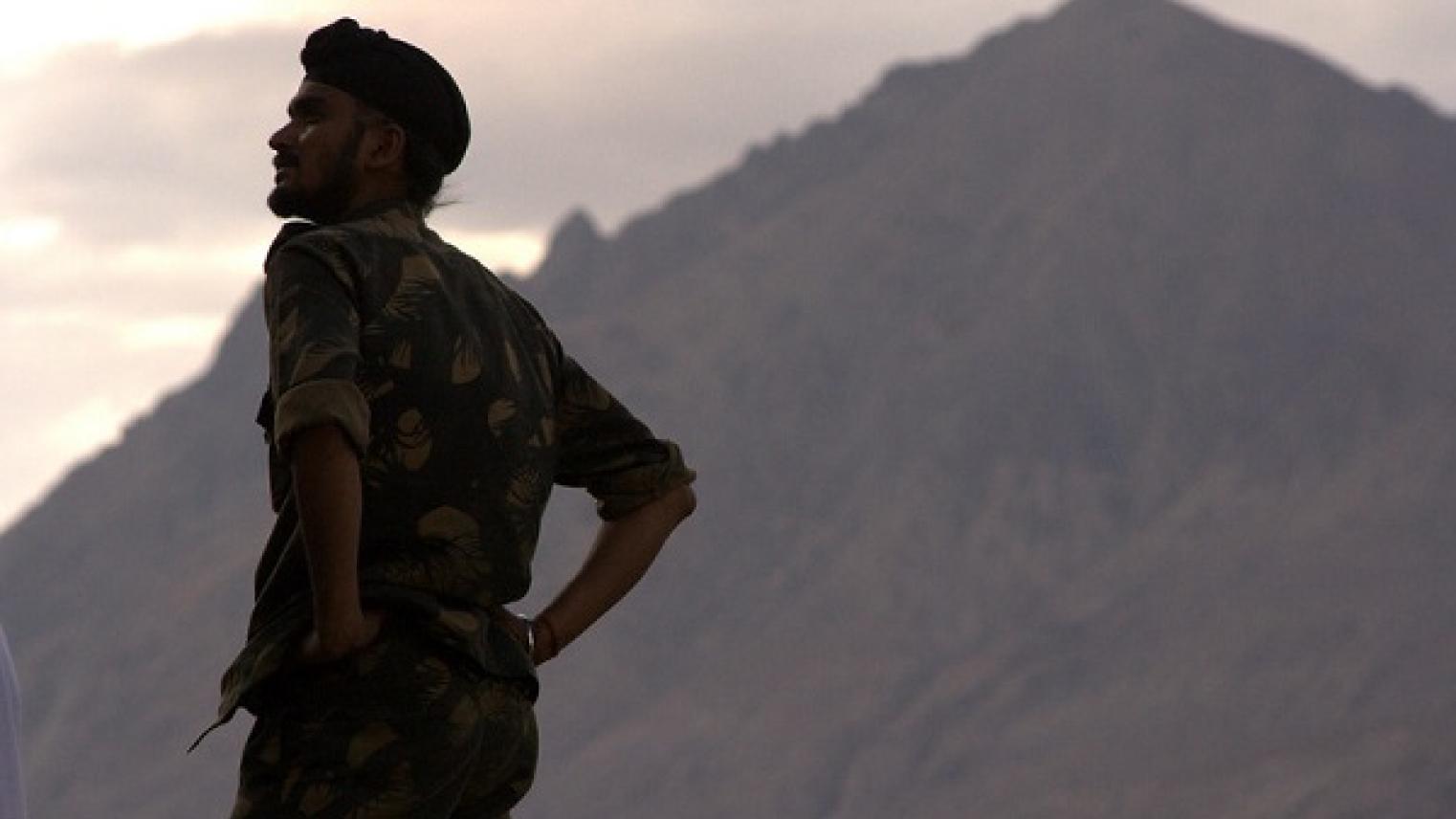Examining how the families of missing persons in India use different practices and strategies to trace their ‘missing member’ and pursue justice in response to everyday state violence.
In his PhD research, Asad plans to examine different contexts of ‘missing persons’ in South Asia through the study of enforced disappearances in the Indian administered Jammu and Kashmir (Kashmir) and Punjab, India. The histories of both places are intertwined with how the Indian state responded to armed insurgencies in both Punjab and Kashmir since the early 1980s. This state response has resulted in grave human rights violations, including torture and enforced disappearances. Both Punjab and Kashmir each have reported more than eight thousand disappearances during these insurgencies.
The families of disappeared persons have continued their struggle to pursue ‘justice’ (broadly conceived) and trace the remains of their missing family members. In this struggle, the families use different strategies to pursue justice including collaborating with civil society/human rights activists and advocates, engaging with diasporic networks, as well as continuing their negotiations with the state through and beyond courtrooms.
Asaf examines the practices and strategies of families of the missing persons pursuing justice. The aim is to develop an understanding of justice in relation to state violence by exploring its different meanings, contexts and articulations by different actors and institutions. The study contributes to present new empirics of justice by mapping its evolution in the postcolonial democratic nation-state of India.
About the speaker
Asaf Ali Lone is a PhD candidate at the School of Regulation and Global Governance (RegNet), College of Asia and the Pacific, Australian National University. His research looks at the intersections of peacebuilding, justice, reconciliation, accountability, and reparations in South Asia and its diasporic communities. He is further exploring creative ways of documenting different dimensions of life in a conflict through collaborative practices of art, poetry, creative writing, visual practices and engaging with different ethnographic explorations. His research engages with the practices that can help build politics of hope to engage with the question of justice.
This seminar is Asaf's Confirmation of Candidature milestone presentation. As such, the presentation is a closed event for RegNet staff, visitors and students only.
COVID protocols
The ANU strongly encourages you to keep a mask with you at all times (for use when COVID-19 safe behaviours are not practicable) and to be respectful of colleagues, students and visitors who may wish to continue to wear one. Please continue to practice good hygiene. If you are unwell, please stay home. The ACT government’s COVID Smart behaviours can be accessed here.
This seminar presentation is in-person only. Registration is not required for in-person attendance as neither the ANU nor ACT Health conduct contact tracing any longer.
If you require accessibility accommodations or a visitor Personal Emergency Evacuation Plan please email regnet.communications@anu.edu.au.
Image credit: Obscure image of an Indian army jawan (infantryman) standing against the Himalayan backdrop in Nubra valley, Ladakh, by Rahul Venkatram on flickr, used under CC BY-NC-ND 2.0 licence.
